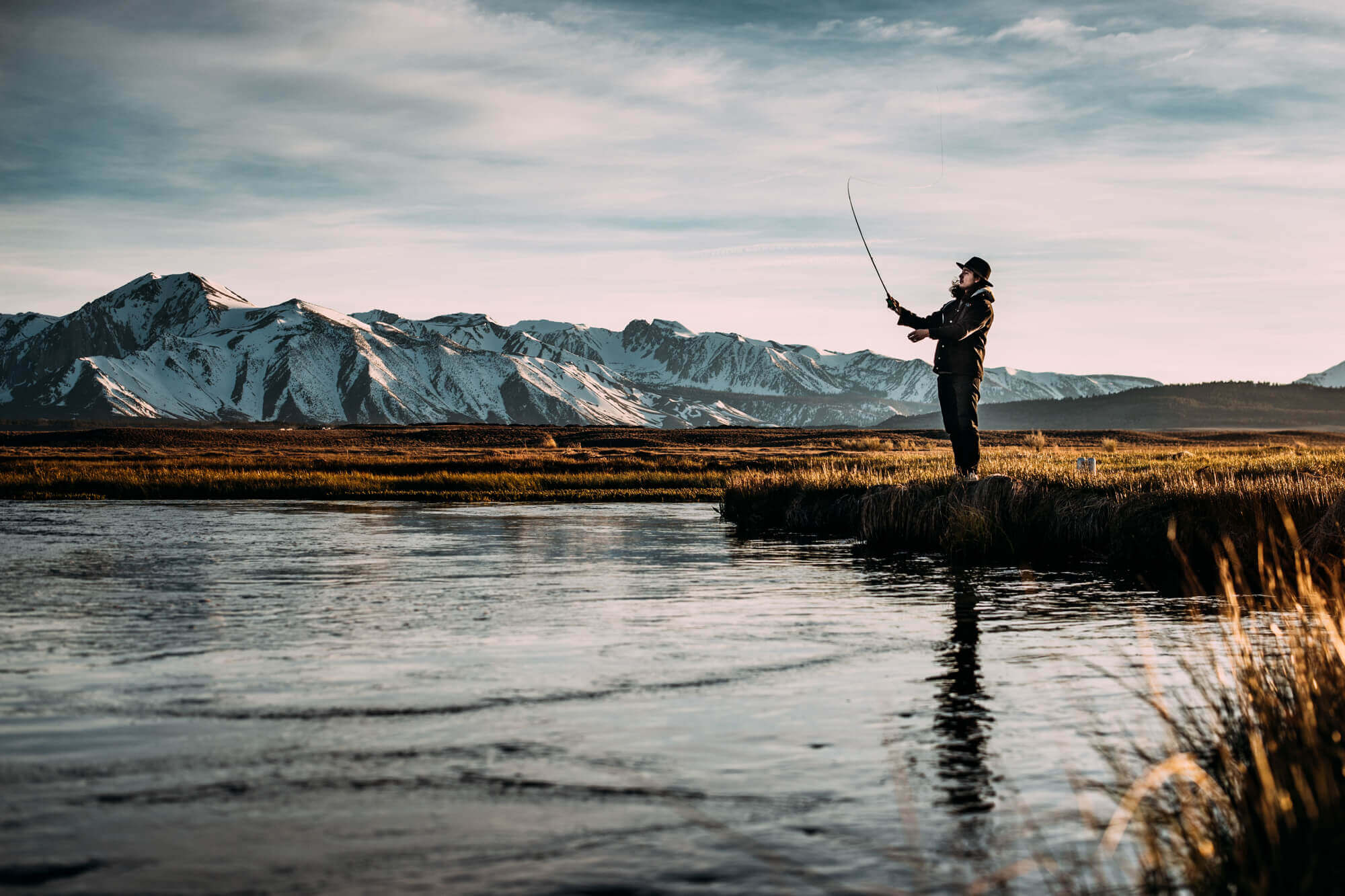I am honoured to say that it was #Arthur_Manuel who changed my life – an 80-minute guest lecture to a Politics 100 class I was teaching in Spring 2016. I was trying hard to “ #indigenize the curriculum,” and desperate for authentic voices to supplement my own blunderings. Art, doing a series of campus visits, was an opportunity. I seized it. He rambled in, long hair tumbling, wheezing and flushed from the flights of stairs, he shook the world, and rambled out again. Most of what he said went over the heads of the students, who were still trying to untangle why we have John Locke the liberal, the liberal state, the sunny Liberal party in Ottawa and an entirely different kind of Liberal party in BC. Much of it went over my head as well.
But as a former reporter and diligent student, I had taken copious notes of his talk. I went through them that night. I worked out where what the students had been learning connected with what he was saying – mainly, they’d done enough Marx to get Art’s dialectic of #colonialism as dispossession, dependency and oppression. His clearest message, that Canada had taken 99.8% of the land. We could talk more about that.He made warning noises about the shiny new Trudeau government and said – I have the name misspelled in my notes, having never heard it before – that Trudeau’s appointment of Michael Wernick to head the Privy Council Office was a very bad sign. Art knew Wernick from his long tenure as deputy minister of Indian Affairs. We had studied the PCO without much enthusiasm, here was a way in. That institutions are peopled by people, that people matter, that watching who leaders appoint can tell us something about where they may be headed. Art had then laddered up into his trips to the #WTO and the #UN, broken fax machines and and missing phone numbers, softwood lumber disputes and resource rents… In the next class, we through his talk again, and followed him as far as we could go. As an international relations scholar myself, I had loved Art’s tale of an end run around the recalcitrant Canadian state by going over to the American side in the softwood lumber dispute. He had successfully argued that yes, Canada was unfairly subsidizing its lumber exports by stealing the resource from the uncompensated First Nations who saw their territories stripped. Here was a new dimension to teaching the US-Canada trade relationship. I read his & Grand Chief Ronald Derrickson’s #book, Unsettling Canada, and whatever briefing notes and reports about Art’s international unsettlings I could find. And more importantly, I was finally properly unsettled myself. I finally saw that “indigenizing the curriculum” meant getting at old issues from this new perspective. My learning took a new turn. Art passed away in January 2017. I bought his final book, The Reconciliation Manifesto, directly from his grandchildren, who were staffing the book table during a BC Studies conference at #VIU in 2017 that honoured and continued his work. It was like an Art Manuel supergroup with so many people he had influenced carrying the message forward – Russ Diabo, Nicole Schabus, Ska-Hiish Manuel… You can see the video of the keynote – originally Art was to deliver it – here.
The theme of the talk was taken from one of Art’s last articles: “What are you going to do about it?”The work goes on. Whose Land is It Anyway, edited by his partner Nicole and Peter McFarlane, contains short readings by his daughter Kanahus, as well as Taiaiake Alfred, Sharon Venne, Russ, and more. It’s available for free download here: https://fpse.ca/decolonizationmanualwhoselandisitanyway.
And you can follow @KanahusFreedom on #twitter, who continues the work of educating and mobilizing us, to show us what we can do about it.
